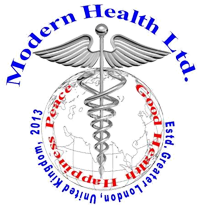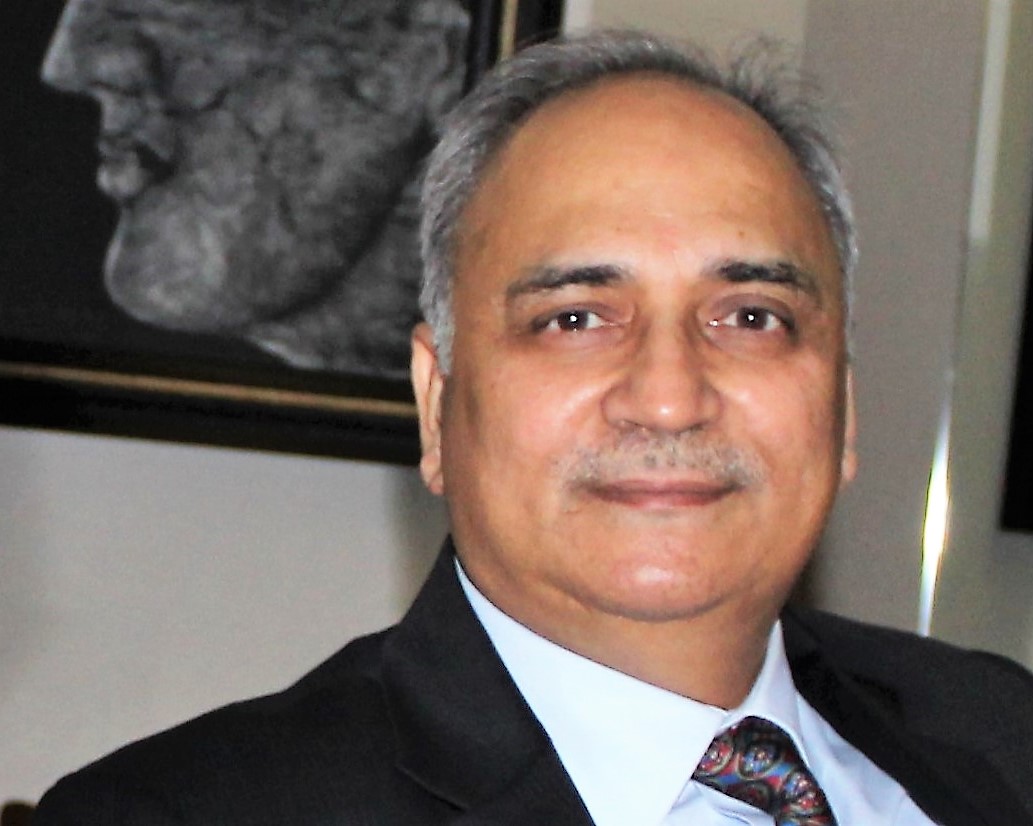Atopic Eczema
Atopic eczema (often called atopic dermatitis) is one of a group of related, inherited conditions that also includes asthma and hay fever. It can make the skin dry, itchy, red, broken and sore. It sometimes makes the skin darker or lighter for a while. People of all ages can get atopic eczema, but it usually starts in early childhood. It usually improves with age, but some people will have the condition into adulthood.
National Institute of health and care excellence (NICE) reports a randomised clinical trial in children with inadequately controlled atopic eczema were randomised to relaxation using hypnotherapy (focused on reducing itching), relaxation using biofeedback (no imagery included) or discussion with a psychologist (no instruction in specific techniques) for four 30 minute sessions 2, 3, 5 and 8 weeks after enrolment (n = 44, 31 analysed, age range 5–15 years). Data from the two relaxation groups (hypnotherapy and biofeedback) showed a significant reduction from baseline in the severity of surface damage with time (P = 0.046) and of lichenification at 20 weeks (P = 0.02).
Two case series investigated the use of hypnotherapy for atopic eczema. [EL = 3] The first involved a group of 11 children (age range 5–12 years) with established atopic eczema. After an initial control period, self-hypnosis was taught by a guided imagery technique with the aim of relieving itch and discomfort, and aiding relaxation. Over an 18 week period, atopic eczema was assessed by a doctor using an eczema score (maximum score 18) at six visits. The mean total eczema score decreased between most visits during the study with the median difference between visits 3 and 6 estimated to be 2.6, but this was not statistically significant (P = 0.139). In the second case series, 20 children (age range 2–15 years) with severe resistant atopic eczema were treated with hypnosis. Assessments of atopic eczema were made at three consecutive clinic appointments. All but one child showed immediate improvement which was maintained over the next two visits. A questionnaire was sent to the patients 18 months after receipt of the tape. Of the 12 responses to the questionnaire, ten children had maintained improvement in itching, scratching and sleep disturbance, and seven reported improvements in mood. Pictorial data only were presented in the paper. [EL = 3]. No safety data were identified for hypnotherapy.



